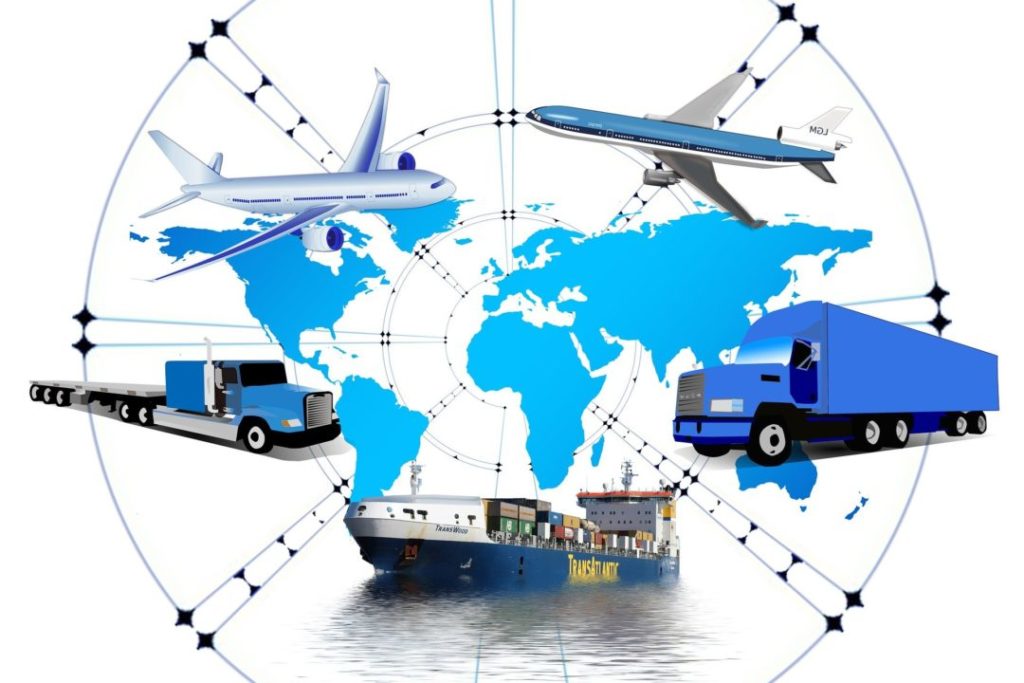Growing Logistics trends in 2023

As the world becomes increasingly interconnected, logistics continues to play a critical role in global trade and commerce. Logistics companies are constantly adapting to new technologies and changing market demands to stay competitive. In this blog, we will discuss some of the growing logistics trends that we can expect to see in 2023. The logistics industry is constantly evolving and adapting to new technologies and changing market demands. In 2023, we can expect to see several key trends emerge that will impact the way businesses approach logistics. Here are some of the top logistics trends to watch for in 2023:
Increased Adoption of Automation and Robotics
The use of automation and robotics in logistics is not a new trend, but we can expect to see a significant increase in their adoption in 2023. Automated systems can improve efficiency, accuracy, and safety in logistics operations. Robotics can help reduce manual labor and improve supply chain visibility.
Integration of Artificial Intelligence (AI) and Machine Learning (ML)
AI and ML are transforming the logistics industry by enabling predictive analytics, demand forecasting, and route optimization. These technologies can help logistics companies identify patterns and trends, and make data-driven decisions that improve efficiency and reduce costs. In 2023, we can expect to see more logistics companies adopting AI and ML to enhance their operations. and AI Data analytics and artificial intelligence (AI) have already proven their value in logistics operations, and this trend is only set to continue. By analyzing large amounts of data, logistics companies can identify patterns and optimize their operations for greater efficiency and cost savings.
Increased Focus on Sustainability
As the world becomes more environmentally conscious, sustainability will become a top priority for logistics companies in 2023. From reducing carbon emissions to reducing waste and improving recycling, logistics companies will take more proactive measures to minimize their environmental impact. As environmental concerns become more pressing, businesses are taking a closer look at their carbon footprint and taking steps to reduce their impact. In logistics, this means finding ways to reduce emissions and increase efficiency. We can expect to see more businesses adopt eco-friendly transportation options like electric vehicles and alternative fuels.
Greater Emphasis on Last-Mile Delivery
Last-mile delivery, the final leg of the delivery process, has always been a challenge for logistics companies. In 2023, we can expect to see more logistics companies investing in innovative last-mile delivery solutions such as drones, autonomous vehicles, and delivery robots. Last-mile delivery has become a critical part of the logistics process as more consumers expect fast and convenient delivery options. In 2023, we can expect to see greater investment in last-mile logistics, including the use of drones, robots, and other technologies to improve efficiency and speed.
Blockchain Technology
Blockchain technology has the potential to revolutionize the logistics industry by improving transparency, traceability, and security. It can help prevent fraud, reduce paperwork, and streamline the supply chain. In 2023, we can expect to see more logistics companies adopting blockchain technology to improve their operations.
“Logistics is the backbone of global trade, and as the world continues to evolve, so too does the logistics industry. Businesses that embrace emerging trends and technologies will be well-positioned to succeed in the years ahead.” — Unknown.
Emphasis on Customer Experience
In 2023, logistics companies will focus more on improving the customer experience. This will involve investing in technologies that improve visibility, provide real-time tracking, and offer greater flexibility in delivery options.
Growth of e-commerce and omnichannel retail
The COVID-19 pandemic accelerated the shift to online shopping, and this trend is expected to continue in 2023. As more consumers shop online, businesses will need to adapt their logistics strategies to meet the demands of omnichannel retail. This means creating more efficient and flexible supply chains that can handle the complexities of multiple sales channels.
Emphasis on supply chain resilience
The COVID-19 pandemic highlighted the importance of supply chain resilience, and this trend is expected to continue in 2023. Companies will look for ways to diversify their supply chains, reduce dependencies on single suppliers, and build greater flexibility into their logistics operations.
In conclusion, the logistics industry is poised for significant growth and transformation in 2023. The logistics industry is evolving rapidly, and 2023 promises to be an exciting year with many new developments. Automation, AI and ML, sustainability, last-mile delivery, blockchain technology, and customer experience are just a few of the growing logistics trends we can expect to see. Logistics companies that embrace these trends and invest in new technologies will be well-positioned to succeed in the future.